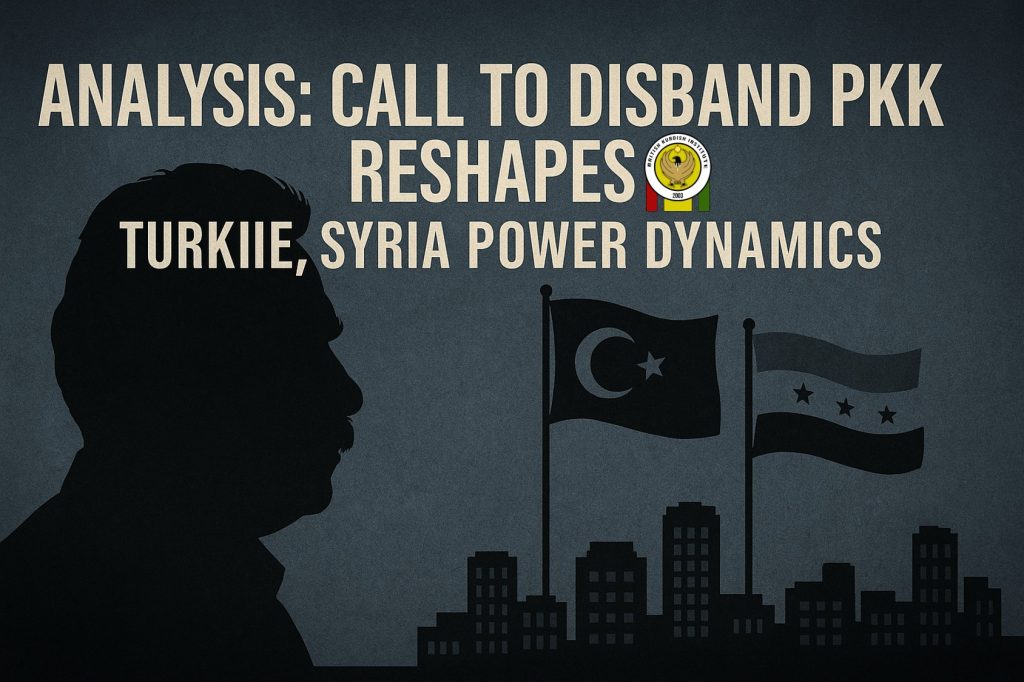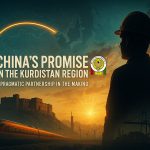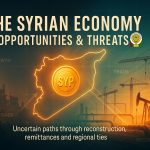The call by Abdullah Ocalan, the imprisoned founder of the Kurdistan Workers’ Party (PKK), for the group to dissolve continues to reverberate across Turkiye and the wider Middle East. His unprecedented statement has opened the door to new political opportunities and shifting alliances that could redefine both domestic and regional dynamics.
Ocalan’s Message: A Turning Point for the PKK
From his prison cell in late February, Ocalan urged: “Convene your congress and make a decision. All groups must lay down their weapons, and the PKK should dissolve itself.”
The PKK leadership, still headquartered in Iraq’s Qandil Mountains, responded with a unilateral ceasefire, while postponing final decisions on disarmament until a congress in the coming months. Yet, Turkiye insists that all PKK-affiliated groups, including its Syrian offshoots, disband unconditionally.
For decades, the PKK’s armed struggle has defined Turkiye’s “Kurdish issue.” The conflict has cost more than 40,000 lives, and the group remains listed as a terrorist organisation by Turkiye, the US, and the EU. Ocalan’s latest call differs from his previous ceasefire initiatives: for the first time, he has explicitly asked for the PKK’s complete dissolution.
The Decline of Armed Struggle and Rise of Kurdish Politics
The PKK’s waning influence mirrors a larger transformation in Kurdish political mobilisation. Armed conflict has lost strategic value, while Kurdish political parties have gained strength.
The milestone came in 2015, when the Peoples’ Democratic Party (HDP) crossed the 10% threshold for parliamentary representation. Today, its successor, the Peoples’ Equality and Democratic Party (DEM), plays a decisive role in elections, shaping the political landscape across Turkiye.
Ocalan’s push for disbandment can be seen as an effort to clear the way for Kurdish politics to thrive within democratic institutions. Despite persistent obstacles – such as the imprisonment of prominent figures like Selahattin Demirtas and state-appointed trustees replacing elected Kurdish mayors – pro-Kurdish politics is gradually normalising. Removing the “terrorist” label from Kurdish movements could accelerate this transition.
Ankara’s Balancing Act: Kurdish Votes and Nationalist Support
For President Recep Tayyip Erdogan and the ruling AK Party, Kurdish disarmament presents both risks and opportunities. Winning back Kurdish voters, who drifted away after the collapse of the 2015 peace process, could be decisive in future elections.
Yet, this process also threatens to alienate Turkish nationalists. To soften resistance, the AK Party has coordinated with Nationalist Movement Party (MHP) leader Devlet Bahceli, who once opposed dialogue with Kurdish actors. Bahceli’s endorsement of Ocalan’s right to “hope” and willingness to engage with DEM politicians signals a major political recalibration.
If successful, this balancing act could help Ankara strengthen its legitimacy at home while projecting itself as the architect of Kurdish political normalisation abroad.
Regional Shifts: The Syrian Equation
Beyond Turkiye’s borders, Ocalan’s call carries major implications for Syria. The Democratic Union Party (PYD) and its armed wing, the YPG, have been central players in northern Syria and the backbone of the US-backed Syrian Democratic Forces (SDF).
A breakthrough came when the SDF signed an agreement with Syria’s interim president, Ahmed al-Sharaa, to integrate forces into the Syrian army and cooperate politically and economically. If fully implemented, this deal could reshape Syria’s power map and ease tensions with Turkiye.
Erdogan and Foreign Minister Hakan Fidan have already signalled cautious support, provided foreign PKK elements are removed and the PYD is incorporated into Syria’s state structure without military wings or territorial ambitions.
What Lies Ahead for the PKK?
The biggest unanswered question remains: what happens to PKK fighters if the group disbands? Several pathways are under discussion – from amnesty and reintegration to relocation in third countries, particularly Iraq. Senior leadership figures may face different arrangements than rank-and-file members.
Ultimately, success depends on building a sustainable peace framework. This requires legal reforms, expanded cultural and political rights, and a new democratic constitution that integrates Kurdish voices into Turkiye’s system.
Towards a Fragile but Possible Peace
The PKK’s ceasefire is a historic first step, but the road ahead is uncertain. The Republican People’s Party (CHP), Turkiye’s main opposition, remains cautious, wary of boosting Erdogan politically. Meanwhile, nationalist hardliners continue to resist concessions.
Still, the reality is clear: neither side can achieve absolute victory militarily. Peace will only come through gradual negotiations, pragmatic compromises, and mutual concessions.
If managed effectively, the disbandment of the PKK could not only reshape Turkiye’s domestic politics but also recalibrate power dynamics in Syria and the wider Middle East – laying the foundation for a new era of Kurdish political participation and regional stability.










One Response
Very good https://is.gd/tpjNyL